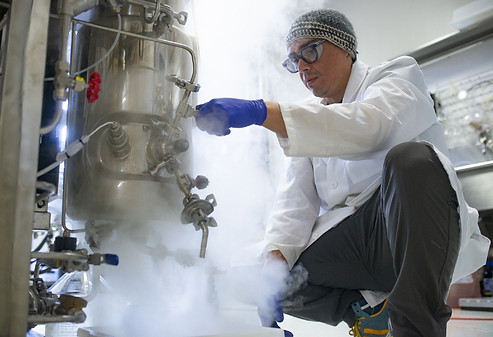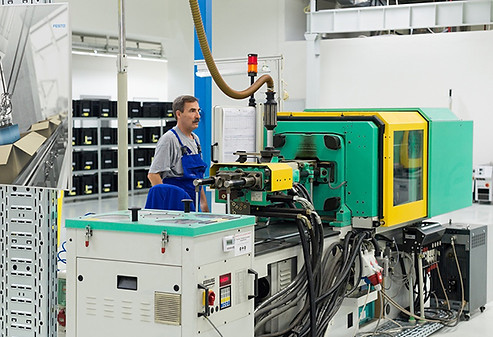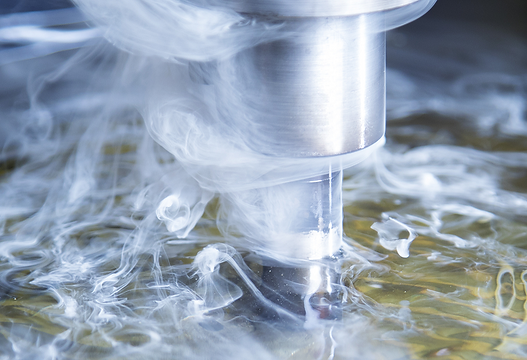
INJECTION MOULDING
.png)

INJECTION MOULDING
Injection moulding is a manufacturing process involving injecting molten plastic or other materials into a mould that has been customised to create the required plastic component. The molten materials are forced into the mould and cooled to a solid. It is then extracted from the machine, and quality checked before being passed on to the customer. Injection moulding can create both large-scale and small batches and offers excellent conformity and reliability in finished products.
PLASTIC INJECTION MOULDING
There are many advantages to using plastic injection moulding for manufacturing parts and products., The mould can be customised to create very fine detail, which enables highly accurate specifications to be met. Parts can be made in small or large batch sizes and to highly precise colour and texture requirements. Plastic injection moulded products tend to be robust, attractive and robust, reducing the need to manufacture replacements for longer. Finally, the wider variety of plastic polymers that can be used allows for wide versatility and choice when creating orders.
.png)
.png)

INJECTION MOULDING MACHINE
The process of injection moulding requires sophisticated machinery that comes in different parts. First of all, the mould is created and designed to exact customer specifications to produce the required component. Molten plastic polymer or similar material is then fed into the machine and poured into the mould cavity. Here, it hardens into a solid and is left to cool. Ejector pins release the hardened part from the mould and move it to quality control. Moulds can consist of single or multiple cavities, depending on the complexity of the design.
THERMOPLASTIC MOULDINGS
Our professional approach to injection moulding allows us to offer a reliable, comprehensive service to meet your exact needs.
FLEXIBILITY AND RELIABILITY
We are proud of our long track record for success within our plastic injection moulding service. We can assist you with tool consultancy and injection moulding in any type of thermoplastic polymer. Our experienced and skilled teams offer a complete, bespoke manufacturing service across three shifts, 24/5, to reduce lead times and ensure customer satisfaction.
MATERIALS
The variety of different thermoplastics, from basic commodity polymers to advanced and specialised engineering grades, is vast. We have the expertise to advise on materials’ suitability and carry out necessary trials. You don’t have to worry about venturing into the unknown – our experts will be there to advise and assess every step of the way.
Our strong relationships with a number of polymer distributors enable us to pass on speedy and cost-effective material supplies to our clients, as well as keep up to date with new advances in thermoplastic technology.
.png)
.jpg)
.png)

PLASTIC MOULDING
Most moulds in injection moulding machines are made from metal typically steel or aluminium. This is to ensure an accurate shape, as well as to enable the mould itself to withstand the injection moulding process. The moulds are precision matched to the specifications given by the customer. They can be used to create small batches and large-scale orders. The moulding process works by forcing molten material into the machine at high pressure to fill the mould cavity and form the required shape. The liquid is then left to cool and harden into the finished solid plastic component.
MATERIALS AND THEIR USES
Various types of polymers are used in the plastic injection moulding process. The range in their properties and different types are used to create different final effects, textures and finishes. For example, polyethylene terephthalate (PET) is commonly used for robust, moulded plastic packaging such as jars, bottles and tray containers. Polypropylene (PP) is sought-after for textile packaging due to its resistance to chemicals, solvents and acids. Polyvinyl chloride (PVC) is also used in the textile industry and is prized for its softer, more flexible texture.

